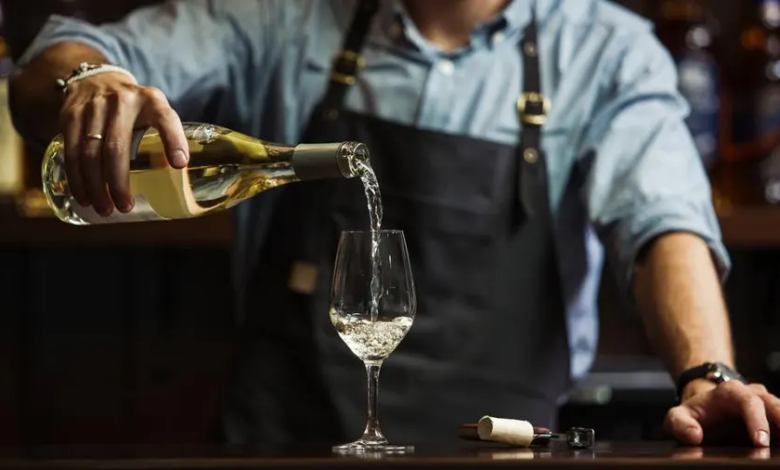How To Customize Your Liquor Liability Insurance Plan

Liquor liability insurance shields liquor businesses like bars and restaurants against financial losses from insurance claims and lawsuits involving their customers. It covers legal fees, medical expenses, and property damage in a liquor establishment during its operation.
When clients accidentally knock over and damage other customers’ property, the insurance covers the repair and replacement costs. Here’s more on how businesses can customize their liability insurance plan:
Tailoring Insurance Coverage
Businesses selling liquor have unique insurable risks because their nature, location, and sales volume affect their level of potential liability from insurance claims.
Individual enterprises use insurance policies that fit their unique requirements. Here’s how liquor-selling enterprises can take advantage of tailored insurance plans:
Unique Liability
Liquor liability insurance plans can be customized for specific potential liabilities in different enterprises selling liquor. A high-end wine bar frequented by a mature clientele cares about expensive wine theft and proper storage, while a bustling sports bar catering to a younger crowd faces a higher risk of incidents like drunken brawls and alcohol poisoning.
Liquor businesses can face liability claims even when indirectly responsible for a client’s accident. Wrongful selling of alcohol to a minor, to a visibly drunk person, or to people legally impaired all results in legal proceedings when accidents occur.
Details of your business type and customer base can assist your insurance provider in assessing the risk and calculating the extent of your liability. This information allows them to match your insurance coverage with your level of potential liability.
Sales Volume
A business that sells a relatively high amount of alcohol requires more comprehensive coverage, which translates to higher insurance premiums. The higher premiums account for the higher probability of accident-related claims due to the large number of patrons.
Discuss your business alcohol sales volume with your insurance agent and check coverage limits. This due diligence protects your business financially in case of a claim lawsuit.
State Laws
Dram shop laws vary by state, affecting the level and cost of insurance coverage. Some states follow social host liability law more strictly than others, which results in cost disparity of insurance policies between states. Understanding your state’s specific dram shop liability laws allows you to determine the appropriate level of insurance coverage for your business.
Policy Restrictions
A restriction is the highest amount insurance firms will pay for a covered claim. Businesses selling liquor should choose a suitable coverage limit for sufficient protection from potential social host liability claims. Deductibles are the amount you incur upfront to account for accidents in your liquor business before insurance coverage becomes effective. Selecting a higher upfront payment reduces your premiums but you may incur a higher expense in case of a claim.
Daily Operations
Your business model impacts your overall liability risk profile because it determines the number of guests and their movement. A liquor store with a self-service option necessitates robust insurance coverage because additional movement of patrons can lead to more incidents. Some liquor businesses also host special events like live music nights or other events with increased alcohol consumption that might lead to more accidents.
Selecting a Liquor Liability Insurance Plan
Liquor liability insurance helps to protect enterprises selling liquor against monetary losses arising from alcohol-related accidents within their premises. Insurance companies work with liquor-selling businesses to understand their specific business model and their associated risks. Obtain quotes from different insurers to help guide you in securing liquor liability coverage with affordable fees. Insurance companies are also available to answer any questions and assist with filing claims. This helps you to secure a liability insurance plan that addresses your business’s unique concerns.




